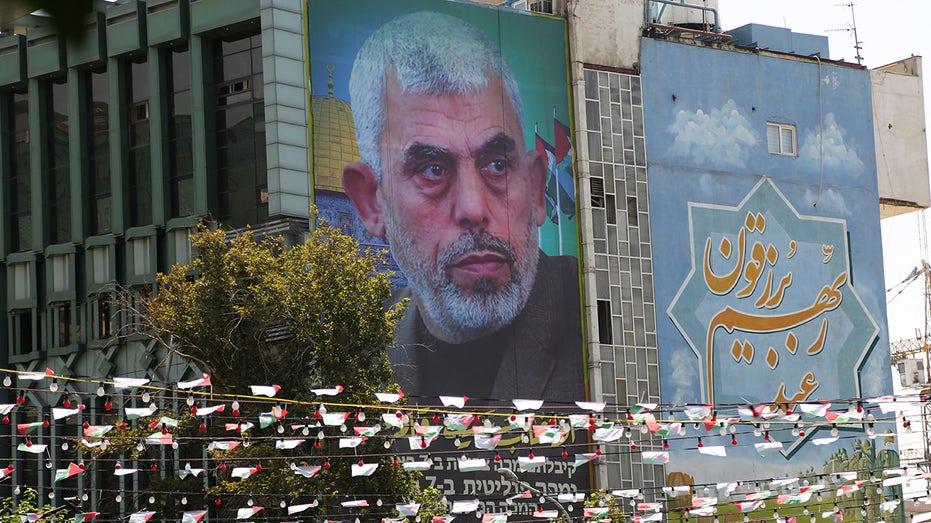Hamas’s War on Israel Backfires: Unintended Consequences Shake Middle East Security

Sarah Johnson
June 25, 2025
Brief
Hamas’s October 7 attack on Israel backfired, weakening Hamas, Hezbollah, and Iran while reshaping Middle East security dynamics with U.S. support.
JERUSALEM — The devastating attack on Israel orchestrated by the late Hamas leader Yahya Sinwar on October 7, 2023, was meant to ignite a regional inferno, drawing in allies like Hezbollah and Iran-backed proxies to obliterate the Jewish state. Instead, it has backfired spectacularly, unraveling the so-called 'Axis of Resistance' and exposing the vulnerabilities of Hamas, Hezbollah, and their Iranian patrons.
Sinwar’s vision of a unified assault against Israel has morphed into a cascade of setbacks for his allies. From Gaza to Lebanon, and now deep into Iran’s nuclear ambitions, the consequences have been anything but what he intended. A striking example came with President Donald Trump’s bold decision to strike Iran’s nuclear facilities, flipping the script on Tehran’s regional dominance.
A Turning Point in the Middle East
Sarit Zehavi, a prominent Israeli security expert, described this shift as monumental. 'The October 7 effect has reshaped the Middle East,' she noted, pointing to a series of Israeli operations that have crippled terrorist leadership. In 2024 alone, Israel dismantled Hamas’s hierarchy with surgical precision, eliminating key figures like Ismail Haniyeh in Iran and Sinwar himself in Gaza. Even Sinwar’s brother, Mohammed, a mastermind behind Hamas’s terror tunnel network, was taken out.
Hezbollah and Iran Under Fire
The blows didn’t stop at Hamas. Israel’s targeted strike on Hezbollah leader Hassan Nasrallah in Beirut, coupled with a daring Mossad operation that triggered explosions in pagers carried by Hezbollah operatives, has severely weakened the group. Meanwhile, Iran, which expected Hezbollah to join a full-scale war against Israel, finds itself isolated and reeling from the loss of senior military officials like Mohammed Said Izadil, who played a pivotal role in the October 7 planning.
A New Deterrence
Israel’s unrelenting campaign has created a palpable deterrence. Hezbollah’s hesitation to fully engage in the ongoing conflict signals a fracture in Iran’s strategy. Zehavi emphasized that Israel can no longer tolerate existential threats, stating, 'We are eliminating these monsters one by one, with crucial U.S. support.' Yet, she cautions, the long-term impact remains uncertain—will these terrorist entities recover, or is this the dawn of a new regional order?
The unintended consequences of Sinwar’s war have not only undermined his allies but also underscored a critical reality: aggression against Israel and its allies comes at a steep, often fatal, cost.
Topics
Editor's Comments
Well, isn’t this a plot twist even Hollywood couldn’t script? Yahya Sinwar thought he’d roll the dice on October 7 and win a jackpot of chaos, but instead, he’s handed Israel a royal flush. Hamas, Hezbollah, and Iran are playing a game of whack-a-mole with no moles left to whack. And Iran’s nuclear dreams? They’ve been downgraded from ‘world domination’ to ‘world’s most expensive fireworks show.’ Here’s hoping the Axis of Resistance learns that starting a fire in the Middle East only gets you burned!
Like this article? Share it with your friends!
If you find this article interesting, feel free to share it with your friends!
Thank you for your support! Sharing is the greatest encouragement for us.



